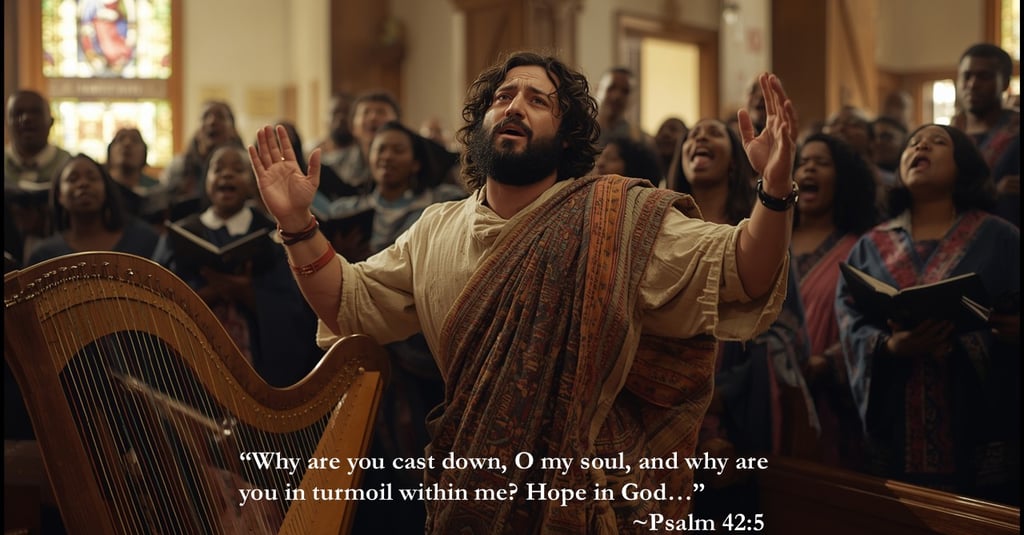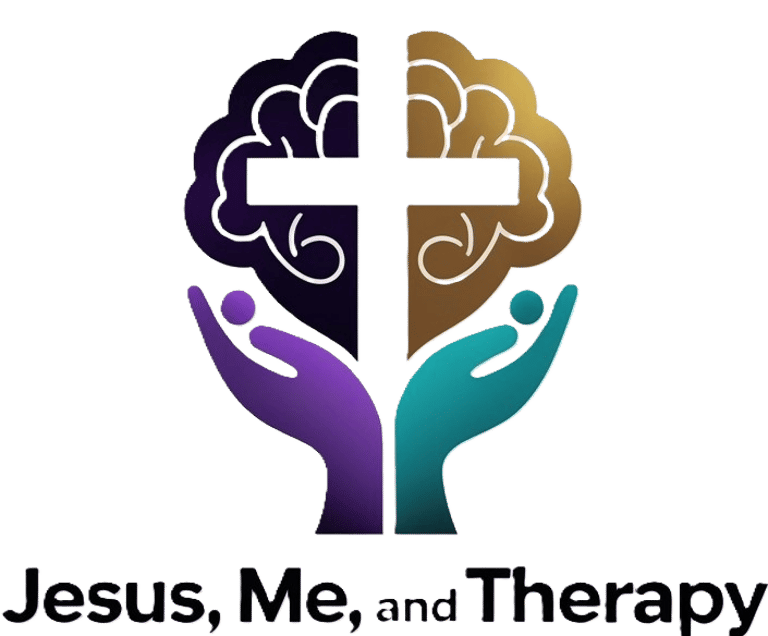Worshipping When You're Weary and Wounded (Psalm 42:5)
Scripture Focus: 3 John 1:2
MENTAL HEALTH
Linda F. Williams, M. Ed., M. Th.
9/6/20252 min read


David, the sweet psalmist of Israel, had a playlist full of praise, thanksgiving, and wisdom, among others — but also a journal full of lament, and calls for God to bring judgement upon his enemies. In today’s world, you might picture him as a worship leader who sings with conviction on Sunday but weeps quietly on Monday. He might be one of those people who has walked excitedly from the parking lot to his position of praise in dire need of a Word from the LORD for some situation that may have been causing him to be depressed, anxious, or traumatized. Yet, at the end of the worship service, he makes the longest walk from the praise post to the parking lot carrying the weight of disappointment leaving no better than when he came.
The Bible doesn’t hide David’s emotional valleys. His songs swing from celebration to despair, sometimes in the same chapter. And that’s the gift of the psalms — they give us permission to bring our whole emotional selves before God. What we are and how we feel are not hidden from God. So, we should stop fooling ourselves. Wherever David was emotionally, he told God. Our souls would reap the benefits if we chose to model David.
We can tell God when we are angry, afraid, hurt, sad, disappointed and hopeless just as we can tell Him when we are grateful. Laying ourselves bare before Our Loving Faither is a sign of strength and belief in His faithfulness towards us.
Faith Is Not Pretending
Some think being a “good Christian” means pretending everything is fine. But David teaches us that naming our pain is not unbelief — it’s honesty. Depression, anxiety, and grief are not disqualifiers in God’s kingdom. Even Jesus experienced these emotions during His earthly ministry. Yet, it did not make Him any less of who He was.
David kept worshiping, not because his life was perfect, but because his God was faithful. And his openness gave others the courage to cry out too. Just as God “inclined” His ear when David called to Him, He does the same for us when we call to Him and points us in the direction of the help we need. Sometimes the talk with Him is all we need. At other times, the talk with others is what He prescribes.
Call to Action:
This week, grab a journal. Write honestly about what you’re feeling — the good, the bad, the messy. Then, like David, choose to anchor your hope in God, even if the feelings don’t shift immediately.
Because your emotions are not your enemy — they’re the signals that your soul needs care, and healing WHOLLY is HOLY.
